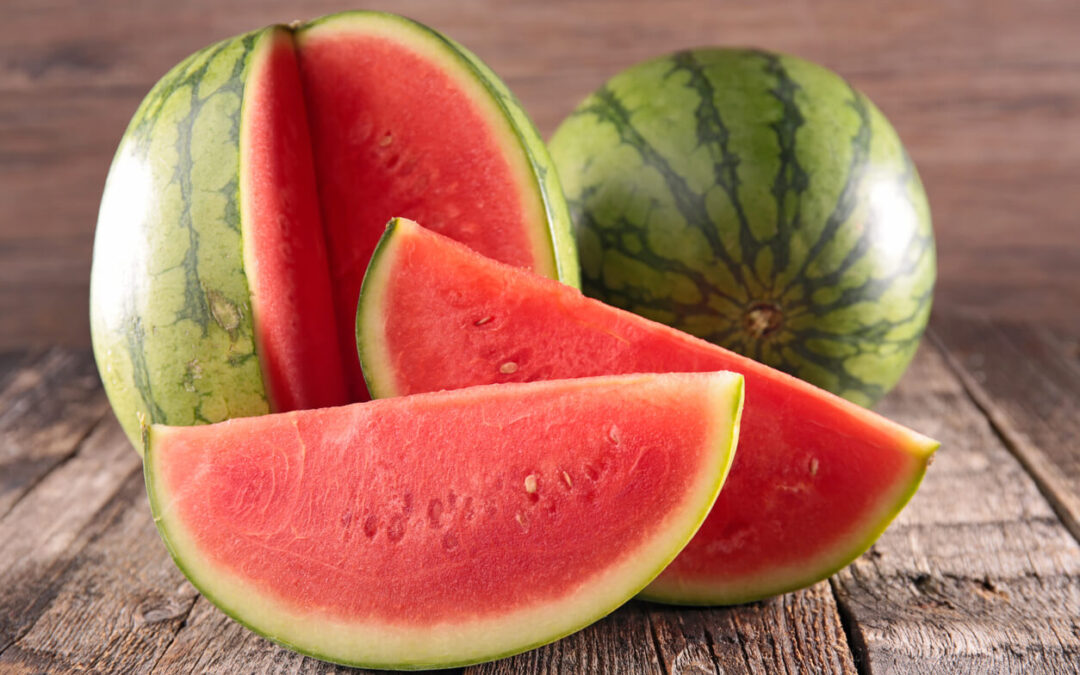The Ultimate Guide to Greek Watermelons and Their Wholesalers
When you think of summer, it’s hard not to picture a juicy, sweet watermelon, especially the refreshing taste of a Greek watermelon. Known for its vibrant red flesh, crisp texture, and unparalleled sweetness, Greek watermelon is a must-have on hot summer days, both in Greece and around the world. But behind every bite of this beloved fruit lies a thriving industry of dedicated wholesalers who bring these delicious watermelons from the sunny fields of Greece to markets and homes worldwide. This guide explores the world of Greek watermelons and highlights the wholesalers who ensure that this fruit finds its way to your plate.
The Charm of Greek Watermelons
Greek watermelons stand out due to their unique combination of factors: ideal growing conditions, long-standing agricultural traditions, and a commitment to quality that has been passed down through generations. The warm Mediterranean climate, especially in regions like Thessaloniki, Kavala, and Crete, offers the perfect environment for cultivating watermelons. The soil is rich in nutrients, and the sun shines for most of the year, producing fruit with remarkable sweetness.
Greek varieties such as Kordia and Elstar are particularly prized for their vibrant, sweet flavour. Their red flesh is aromatic, juicy, and naturally high in sugar, making them perfect for refreshing summer treats. In addition to their taste, Greek watermelons are low in calories and packed with vitamins A, C, and antioxidants, making them a healthy snack.
The cultivation of Greek watermelons is part of a long agricultural heritage, carefully preserved by farmers and passed down through generations. This focus on quality ensures that these watermelons are always fresh and top-tier, from the fields to your table.
The Role of Greek Watermelon Wholesalers
Wholesalers play a vital role in getting Greek watermelons from the farms to the markets. They source the watermelons directly from farmers, sorting and packing them for distribution. These wholesalers work closely with agricultural cooperatives, ensuring that only the best quality fruit is sold to retailers and export markets.
A key responsibility of Greek watermelon wholesalers is managing the logistics of transportation. As watermelons are perishable, wholesalers must ensure they are stored and transported under the best conditions to maintain freshness. Temperature-controlled transportation is essential to avoid spoilage, especially on long journeys to international markets.
Wholesalers also help market Greek watermelons globally, partnering with international distributors and retailers to ensure these watermelons are represented worldwide. This includes supermarkets in the UK, farmer’s markets in Asia, and various other regions, keeping Greek watermelons in high demand across borders.
Key Regions for Greek Watermelon Production
Several regions in Greece are particularly known for their watermelon production. Here are some of the leading areas:
- Thessaloniki: One of the largest watermelon-producing regions, Thessaloniki’s fertile soil and Mediterranean climate make it ideal for watermelon cultivation. Farmers here produce large, sweet watermelons that are in high demand.
- Kavala: Located on Greece’s northeastern coast, Kavala is known for its excellent watermelon production. The area’s coastal climate and skilled farmers contribute to its reputation for high-quality fruit.
- Crete: The island of Crete, with its mild winters and hot summers, is perfect for growing watermelons. The Cretan variety is renowned for its sweetness and high quality, making it highly sought after by wholesalers.
- Peloponnese: Known for its rich agricultural history, the Peloponnese region produces a significant portion of Greece’s watermelons. The combination of expertise and ideal conditions ensures consistently high-quality fruit.
How to Choose the Best Greek Watermelons
Whether you’re a wholesaler or a consumer, knowing how to choose the best Greek watermelon is essential. Here are some tips:
- Look for uniformity: Choose watermelons that are consistent in size and shape. Avoid those with deformities or irregularities.
- Check the rind: The rind should be smooth and firm, free from blemishes or soft spots.
- Tap it: A hollow sound when tapped indicates a ripe watermelon, full of water and sweetness.
- Weight: A good watermelon should feel heavy for its size, indicating that it’s full of juice and flavour.
Challenges and Opportunities for Greek Watermelon Wholesalers
While Greek watermelons have established a strong presence in international markets, wholesalers face challenges. Competition from other watermelon-producing countries has intensified, requiring Greek wholesalers to maintain the quality that sets their product apart.
Climate change also poses a challenge, as changing weather patterns can affect agricultural production. To combat this, wholesalers work closely with farmers to adapt to new conditions and continue producing high-quality watermelons.
Despite these challenges, there are opportunities. By embracing technological advancements such as improved storage and transportation methods, Greek wholesalers can maintain freshness during long journeys. Additionally, expanding into new international markets and building strategic partnerships will help wholesalers ensure that Greek watermelons continue to thrive globally.
Conclusion
Greek watermelons are more than just a refreshing summer snack. They represent a centuries-old agricultural tradition, combining rich flavour, cultural heritage, and a commitment to quality. The wholesalers who bring these delicious fruits from the fields of Greece to markets worldwide are vital in ensuring that consumers can enjoy the sweet taste of Greece no matter the season. By understanding the role of these wholesalers and the challenges and opportunities they face, it becomes clear that Greek watermelons will continue to hold a place in kitchens around the world for years to come.
